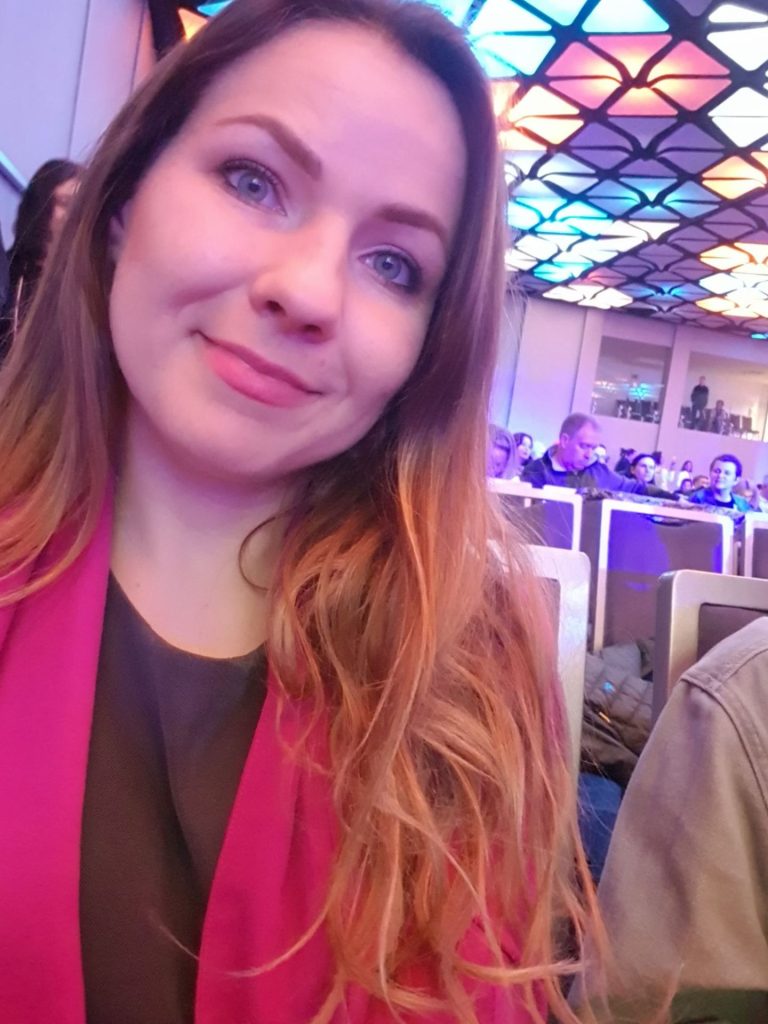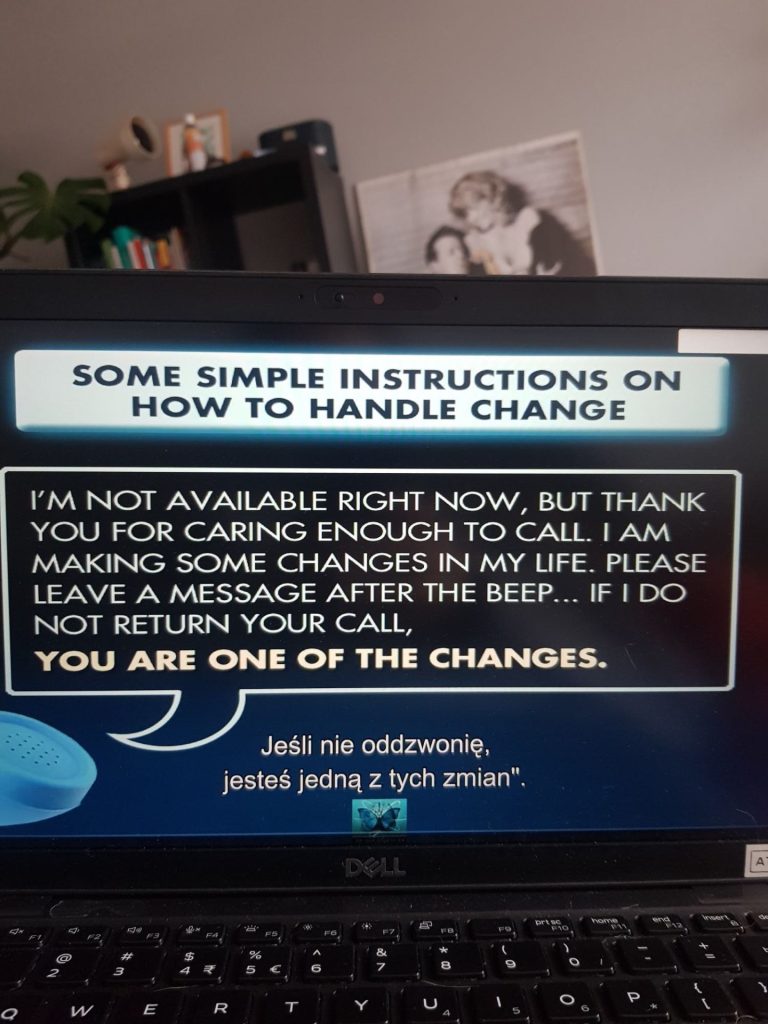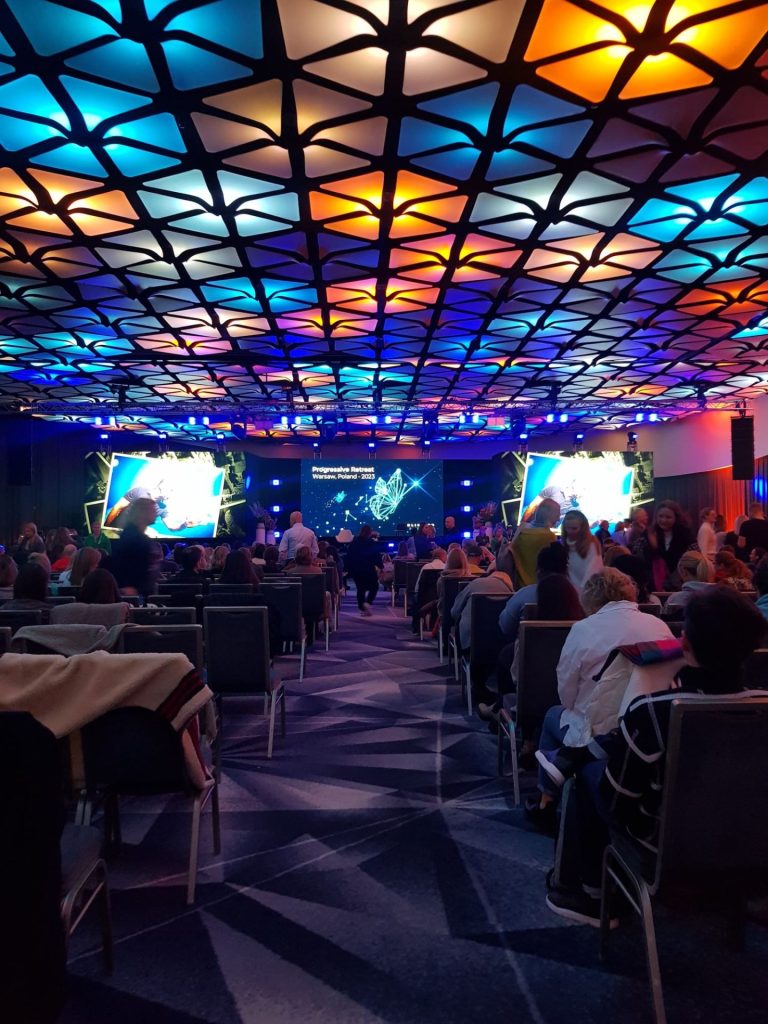Self-reflection on change. Striving to reach a higher state of consciousness.
Meditation as “self-care”
Be yourself,” they say.
But perhaps you’d rather break the habit of being yourself?
Because something no longer serves you — in fact, it may be holding you back.
Because maybe you’re discovering that in this movie called life, you’re not playing the main role.
Do you feel like engaging in your own self-care?

This February, I had the opportunity to attend an in-person workshop with Dr. Joe Dispenza—one of my dreams come true. Two years earlier, I had completed a 30-hour online course and practiced meditation intensively. For a year, I managed to maintain a daily practice of about 50 minutes. On days when I felt like giving up, I reminded myself that the greatest results would come after maintaining a regular two-week practice.
From my personal experience, I can confirm that even one meditation a day can raise your vibration. It brings a sense of calm, composure, and an ease in viewing things from a higher perspective. A relaxed face, sparkling eyes—meditation is a powerful tool. If we want to change the world, we can only do so by first implementing and sustaining change within ourselves.
In Sanskrit, the word meditation means “to nurture oneself.”
Meditations with Joe Dispenza are deeply transformative, as confirmed by, for example, people with autoimmune diseases returning to health. The brain is in a constant process of learning — as shown by research on neuroplasticity: “Neurons that fire together, wire together.” Until you develop a mindful observer within yourself to catch that faulty automatic script expressed in a thought or ingrained belief, you will continue, for instance, to age faster or display traits of a people-pleaser who puts everyone’s needs above their own.
Meditation is one part — calming the body, stabilizing the breath, transitioning to slower brain waves that open the depths of the subconscious mind. The second part is attention and focus on who you were, who you are now, and who you want to become in the future. You can perceive your life through the lens of victimhood and reinforce the neural networks responsible for that state — unless you consciously decide to unlearn this habitual way of reacting. Old neural networks weaken, and new ones form and strengthen by maintaining the intention to break the habit of being yourself.
This is where the creation of a new Self begins — adapting the body to a new mind/emotions, connecting with what you desire, and the states and feelings you want to experience.



